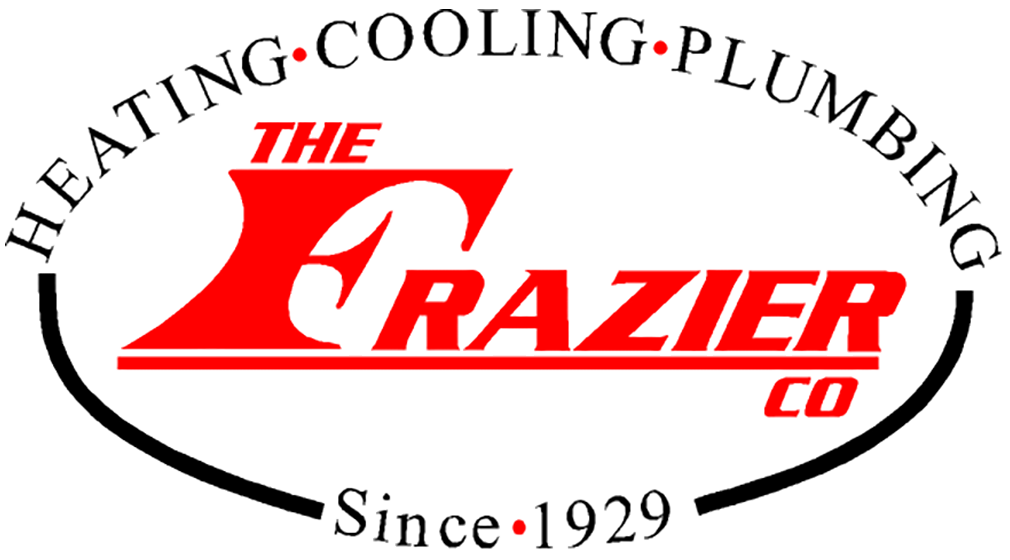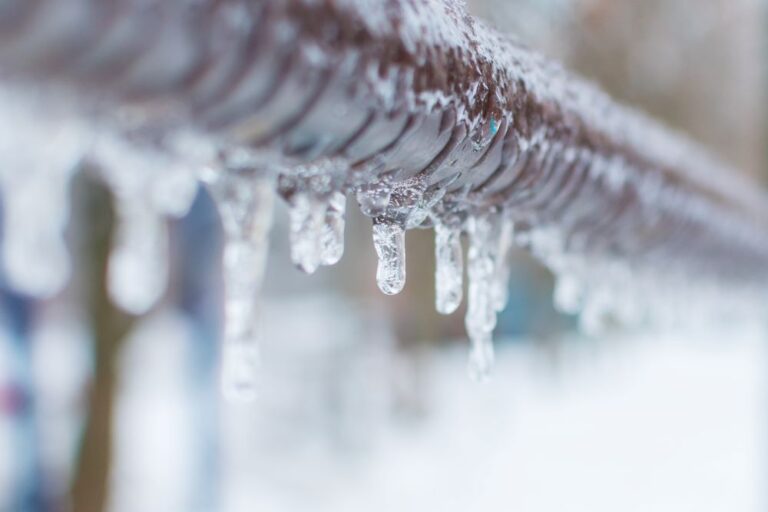Snow-covered winter weather offers things like sledding down the neighborhood hill or snowball fights in the neighbor’s yard. That being said, winter weather can be difficult on your home. Excessively cold conditions can encourage the water lines in your home to freeze and burst, which can result in serious water damage and enduring negative effects.
When your pipes are frozen, you might need to call a plumber in Omaha to handle the problem. Nevertheless, there’s a lot you can attempt to keep this from happening – and even just a bit of prevention can go a long way.
What Pipes Are at More Risk of Freezing
The pipes at the greatest risk of freezing are exposed water lines. Common locations for uncovered pipes are inside attic crawlspaces, near exterior walls, in the basement or even running beneath a modular home. Water lines that are not appropriately insulated are at the greatest risk.
How to Prevent Pipes from Freezing Over in Your Home
Sufficiently insulating exposed water lines is a great first step to keeping your pipes free of ice. You’ll often find lots of these materials from a local plumbing company, and may also already have some somewhere in your home.
Be careful not to cover other flammable insulation materials where they can be caught on fire. If you don’t feel confident insulating the pipes by yourself, contact your local plumbing services professional in Omaha to handle the job.
If you do choose to insulate the pipes yourself, good insulation materials for pipes are:
- Wraps or roll insulation: Lots of plumbers, hardware stores and national retailers sell insulation – typically fiberglass, foam wraps or pipe sleeves – that you can wrap or fit around your pipes. They are sold in numerous lengths and sizes to satisfy the needs of your home.
- Newspaper: In a pinch, newspaper can be used as an insulator. If the weather is cooling down and you aren’t able to buy insulation before then, try wrapping uninsulated pipes in this.
- Towels or rags: If you miss the opportunity to buy insulation and don’t have any newspaper to use, wrapping notably vulnerable pipes with towels or clean rags as a last-ditch effort could be just enough to keep the cold air off the pipes.
One other preventative step you can try to stop pipes from becoming frozen is to seal up any cracks that may permit cold air in your home. Keep an eye on the window frames, which can draw in surprisingly strong drafts. Not only will this help to prevent your pipes from freezing, but it will have the extra benefit of making your home more energy efficient.
Five More Ways to Keep Your Pipes from Freezing:
- Open the cabinet doors. Opening the cabinet doors under the sinks and other rooms of your home with pipes will permit more warm air from the rest of the room to reach the pipes.
- Letting water drip. Keeping a flow of water by letting your faucets trickle even just a little can help prevent frozen pipes.
- Open interior doors. By opening doors in rooms or hallways, your home can be heated more evenly. This is mostly important if you have a room that is generally colder or hotter than the rest of the home.
- Close the garage door. The exception to the open doors advice is the garage door, which you should keep shut – particularly if your water lines run through the garage.
- Keep the heat steady. Experts recommend setting the thermostat at a uniform temperature and leaving it alone, rather than allowing it to get lower at night. Set it no cooler than 55 degrees.
How to Prevent Pipes from Freezing in an Unused Home
When you’re at home, it’s easier to know when something breaks down. But what extra steps can you take to prevent pipes from freezing in a vacant home or vacation home when the consequences from a frozen pipe may not be discovered for days or even weeks?
As with your primary residence, insulating any exposed water lines, opening interior doors inside the home and winterizing the vacant home are the first steps to attempt first.
Other Steps to Prevent Pipes from Freezing in a Vacant Home:
- Leave the heat on. Even though you aren’t going to be there, it’s best to leave the heat on – even if you turn the thermostat down colder than you would if you were there. As with a primary home, experts encourage keeping the temperature at no lower than 55 degrees.
- Shut water off and drain the lines. If you’re going to be gone for a long time or are winterizing a seasonal cabin or cottage, turning the water off to the house and draining the water out of the water lines is one way to stop pipes from freezing and bursting open. Try not to forget to clear the water out of your appliances, like the hot water heater, or the toilets. Confirm you get all the water from the system. If you’re uncertain of how to flush the water from the pipes, or don’t feel confident performing it without any help, a plumber in Omaha will be glad to offer support.

